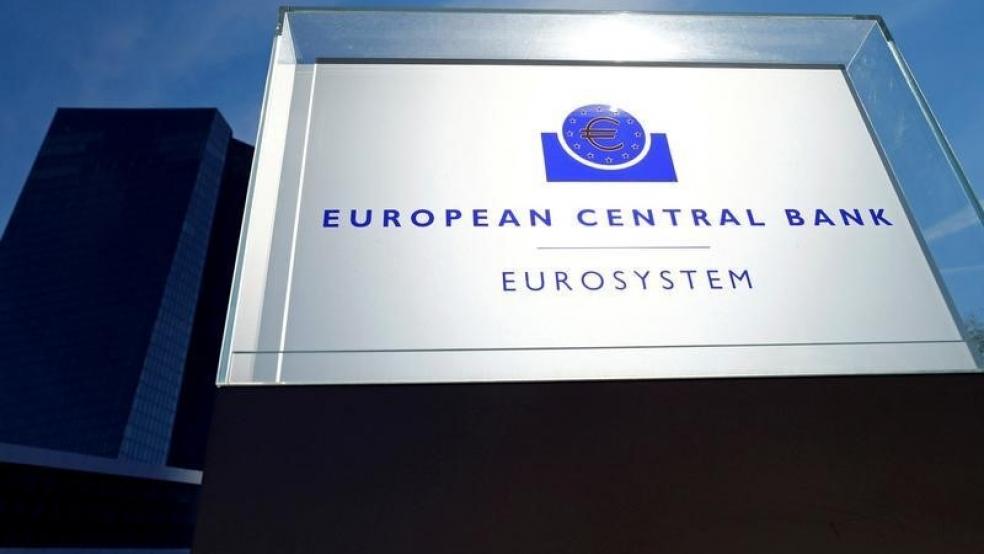Although Germany's top court has expressed reservations in the past about the asset buys, it argued an injunction would essentially preempt a European ruling on the case, since it would severely restrict the ECB's ability to carry out asset buys, commonly known as quantitative easing.
Germans have repeatedly challenged the ECB's powers to deploy unconventional monetary policy measures and while courts have placed some limits on asset buys, past decisions have cleared the ECB, arguing that its measures fall within its mandate to keep inflation stable just below 2 percent.The ECB has bought over 2 trillion euros worth of bonds to depress borrowing costs in the hope that cheap financing would induce spending and eventually inflation.Wednesday's ruling follows a court's decision in August to send the challenge to the ECJ, even though judges at the time suspected that the ECB's measure may be violating a ban on government financing by central banks.But the plaintiffs, a group of German academics and politicians, brought the case back in front of the judges, requesting a temporary injunction on the argument that a European court decision would not come soon enough since the asset purchase program is nearing its end.Although the asset buys are due to expire at the end of the year, policymakers are likely to extend them well into 2018 as inflation remains weak and will not rise back toward the ECB's target before the end of the decade.Still, any extension is likely to be small in volumes compared to past purchases as the bulk of the policy accommodation is now provided through the ECB's bloated balance sheet and not fresh purchases. (Reporting by Ursula Knapp; Writing by Balazs Koranyi; Editing by Janet Lawrence)Germany's top court rejects fresh challenge to ECB powers

RALPH ORLOWSKI



